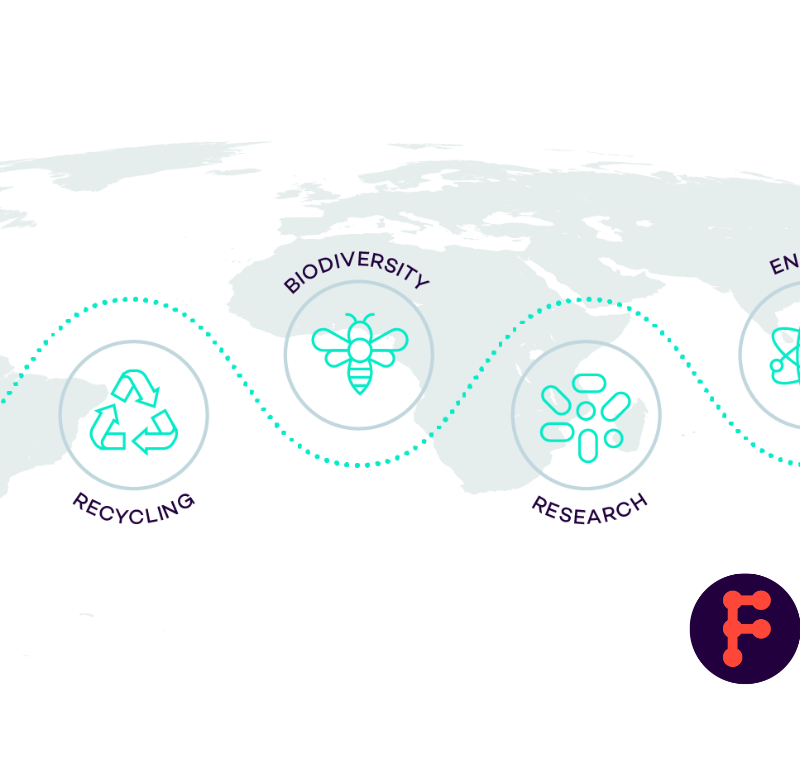The advertiser’s guide to taking direct relationships programmatic
The evolution of relationships is about asking questions. How can we work together smarter, better, and more efficiently? How can we help each other meet our respective goals and address concerns? Despite a lot of conversation among the industry, the reality is that the growth of relationships between publishers and advertisers are stunted by a shared hesitancy to take direct relationships programmatic. But today, many of the longstanding concerns each have had, are becoming less and less legitimate.
Advertiser concern: Poor quality
Just a few short years ago, programmatic was widely regarded as a channel for a publisher’s remnant, or “low-value,” inventory. This made many advertisers afraid of altering their relationships and increasing programmatic budgets.
The reality: Today, publishers are taking a more holistic approach to monetisation by making a substantial amount of premium inventory available via programmatic channels. Many are even starting to provide first-look programmatic opportunities above their direct sold and allow direct sold to compete within their private exchange, further motivation for migrating the relationship. Many major digital publishers, like Dailymotion, have been vocal about the value of this approach.
Advertiser concern: Lack of transparency
Some advertisers believe that programmatic refers only to transactions occurring in an open exchange, a mechanism that offers only limited transparency.
The reality: When direct deals are executed programmatically, advertisers can get increased transparency and efficiently executed campaigns. Advertisers can and should make it clear up front, during negotiations with their direct sales representatives that they’ll want to see things like site transparency reports and ad verification. Sellers can then put the right controls in place via programmatic technology to ensure their working within the right guardrails throughout execution.
More like this
Programmatic sellers vs. buyers: who’s more hooked on mobile?









